More Than Check-the-Box Training:
How to Build a Food Safety Culture with a Modern LMS
Deadly foodborne illness outbreaks, compliance fines for major manufacturers, and highly publicized recalls affecting brands that are household names have become commonplace.
According to a recent report, the number of people who perished from contaminated food more than doubled in 2024. This reality is part of why a recent Gallup poll found that consumer confidence in food safety is at an all-time low.
35,000+
The number of food and beverages recalls managed or mandated by the FDA between 2002-2023
3,000
The number of people who die from foodborne diseases in the United States, according to a CDC estimate from 2018.
49%
The percentage of food companies that have a food safety plan.
Food and beverage companies that want to steer clear of these headlines and protect their consumers and employees must build a strong, comprehensive food safety culture that is reinforced in daily operations. In this free Rootwurks guide, you’ll read how implementing a modern Learning Management System (LMS) is one of the most important steps companies can take to develop a culture of safety and constant learning and avoid the devastating consequences of food safety incidents.
What is Food Safety Culture?
According to the Safe Quality Food Institute, a strong safety culture means your team members do things the right way - even when nobody is watching.
It also means that if things do go wrong, employees know how to respond and feel empowered to speak up if they see something that could jeopardize safety.
But what does it take to build a safety culture in the food manufacturing industry?
What You Need to Build a Strong Safety Culture
- Full commitment from company leadership and management
- Employee understanding of food safety and their role
- Food safety plans for your facilities
- Recordkeeping to track the completion of safety tasks
- Accountability for employees after safety failures
- Praise for employees who excel at safety tasks
- Open communication between employees and management on safety
- Reinforcement of training
To implement a strong food safety culture, a company must understand that “doing things the way we always have” will probably not get the job done. This means that company leadership must buy in 100% and center food safety as a crucial priority in daily operations.
For this effort, training and constant learning are essential. And this is where a Learning Management System can make all the difference.
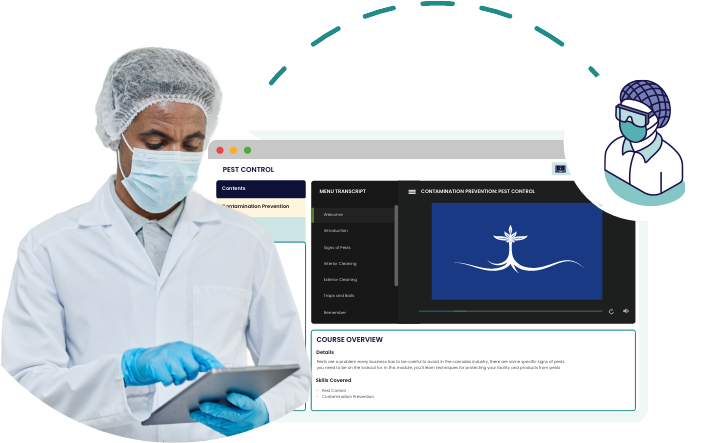
Your Company, Your Needs:
How an LMS Can Help Build Custom Training Content

Every food company is unique and faces distinct safety and training challenges. Being able to tweak standard training content to adapt to unique challenges is key for building a safety culture.
Oklahoma-based food manufacturer Homeland Baking has used Rootwurks to ease and expedite training as it has expanded its product line and doubled its workforce. In the thick of rapid growth like this, the company didn’t have the time to build custom content from scratch.
With Rootwurks, Homeland Banking has built custom, interactive training content in Spanish and English, streamlined onboarding and training, and improved compliance.
For Brooke Rehberg, Director of Administration and Quality Assurance at Homeland Baking, the ability to swiftly build custom training has been crucial for the company.
Learning Management Systems - Unique Solutions for Unique Companies
The best LMS are built with the knowledge that there is no one-size-fits-all solution for training. These LMS allow companies to create targeted training that addresses their unique challenges.
The result?
More efficient training, less time wasted studying material that employees don’t need, and the ability to create training that repeatedly covers a company’s most pressing safety issues.
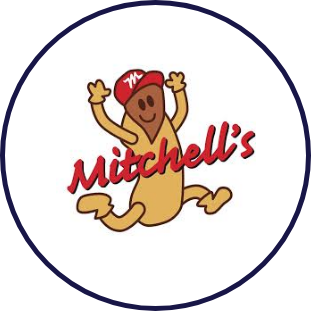
"Rootwurks is a really good combination of being able to make things on your own or take things that are already there and just tweak them to make things easier for yourself."
Brooke R.
Director of Administration and Quality Assurance
Track Employee Performance and Boost Training Efficiency
Knowing the safety and compliance guidelines is only half the battle. You also need to pinpoint where your employees need more help and when time spent on training is better invested elsewhere.
An LMS can track employee performance and aptitude in training and safety tasks. This can be done for each employee and across an entire facility according to specific topics and tasks.
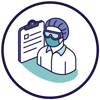
70%
of employees report that they haven’t mastered the skills they need to do their jobs.
Focused, Efficient Training
Tracking employee performance is another way an LMS can create a bespoke, custom learning experience for companies. Instead of simply taking a course off the shelf and showing it to your team on a specific date, it can help you hone in on who needs to study what, when, and how.
For employees who have mastered a specific subject, this means freeing them up to focus their time and energy elsewhere. For those who haven’t yet grasped the subject matter, this is an opportunity to revisit the training and ensure they have fully understood and internalized the content before moving forward.
This tracking is also key for compliance. By tracking these tasks, an LMS makes it easy to prove which training and tasks have been performed in the event of a compliance audit.
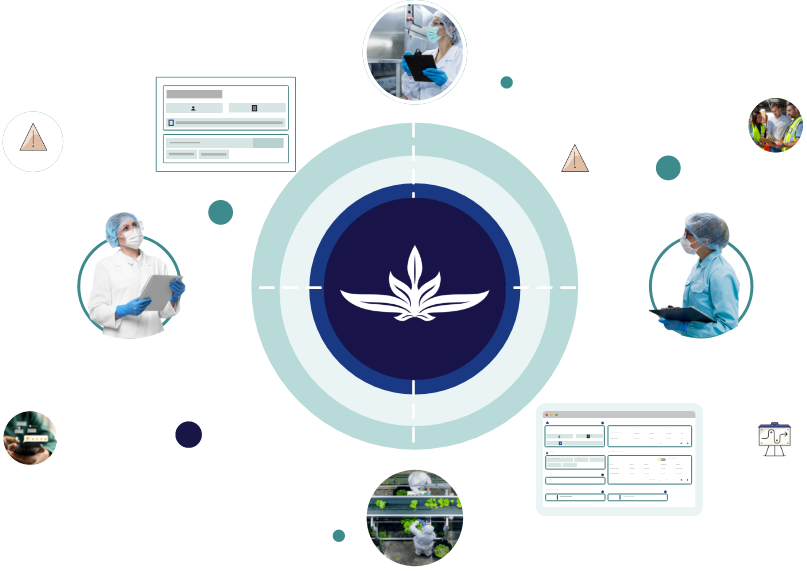
Improve Consistency and Quality Assurance
With an LMS, even larger companies with multiple locations can ensure that quality demands are consistent at every location, every day, no matter who is working. This helps create a consistent customer experience and standard of product quality, even if management can’t be everywhere at all times.
With a customizable LMS, companies can develop training programs that adapt in real time to new product rollouts, ingredients, and regulatory guidelines, and ensure these training and quality assurance guidelines are implemented across the company.
Training plans can also be customized to work in tandem with internal audits and compliance management operations, helping ensure that these tasks are performed with excellence while reinforcing the learning behind those actions.
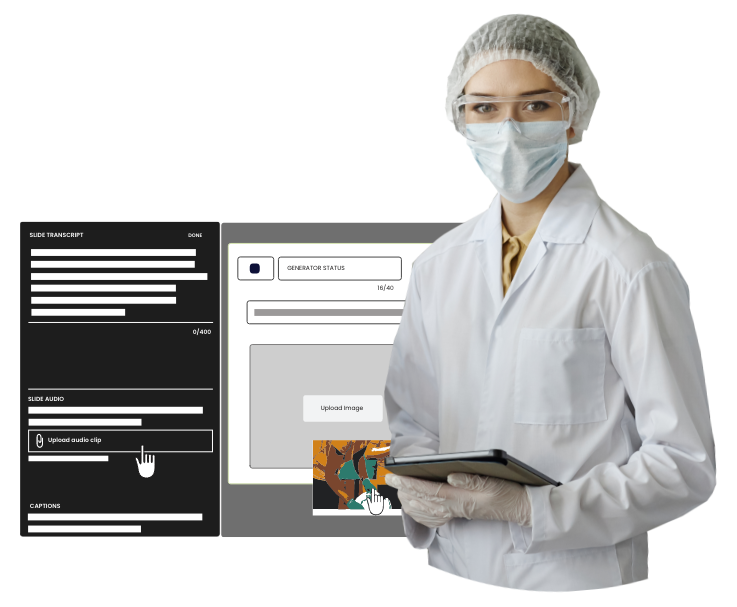
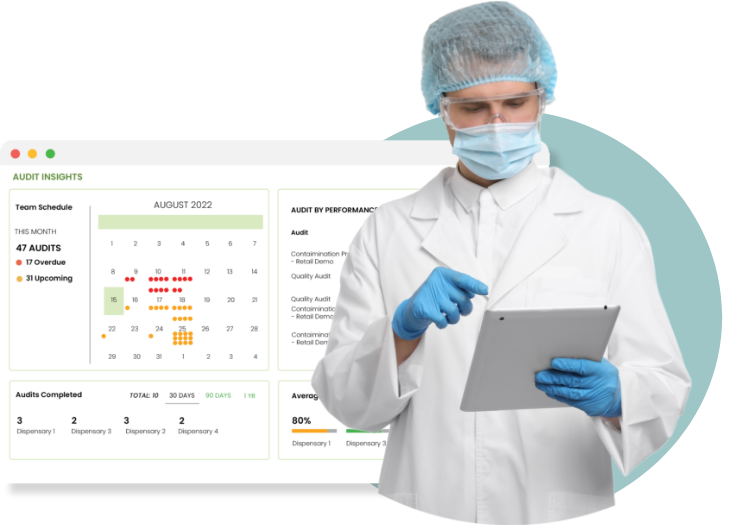
Ditch the Clipboards and Rethink Your Routines
Human error is a fact of life. Pen and paper don’t always capture everything, and can’t be shared across an entire company. An LMS that uses digital, mobile-optimized tools can better ensure that processes are carried out in a consistent manner across all locations, at all times, and can produce the records to prove it.
On-the-Job Training: Retaining and Verifying Learning
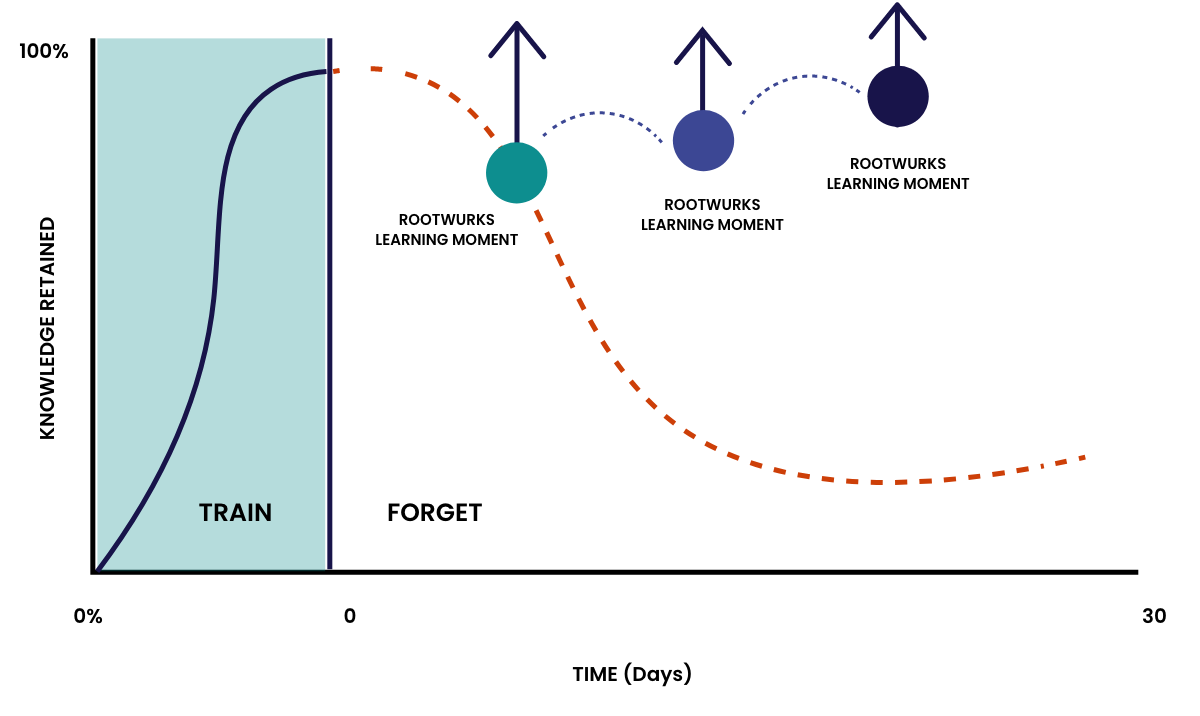
Most of us remember - and probably tried to forget - countless boring college and high school lectures that went in one ear and directly out the other.
This phenomenon can be explained by a mathematical formula known as Ebbinghaus’ Forgetting Curve. According to the formula, learning retention drops off quickly after the teaching is finished. The best way to prevent this loss of knowledge is to reinforce learning through actions.
In the workplace, if learning is to move from the theoretical to the applied, it must be integrated into daily operations.
Learning “in the flow of work” is learning that is integrated seamlessly into the daily workflow and reinforced throughout the day. By integrating with the workflow, this form of learning doesn’t slow down operations and improves the overall safety culture of the workplace.
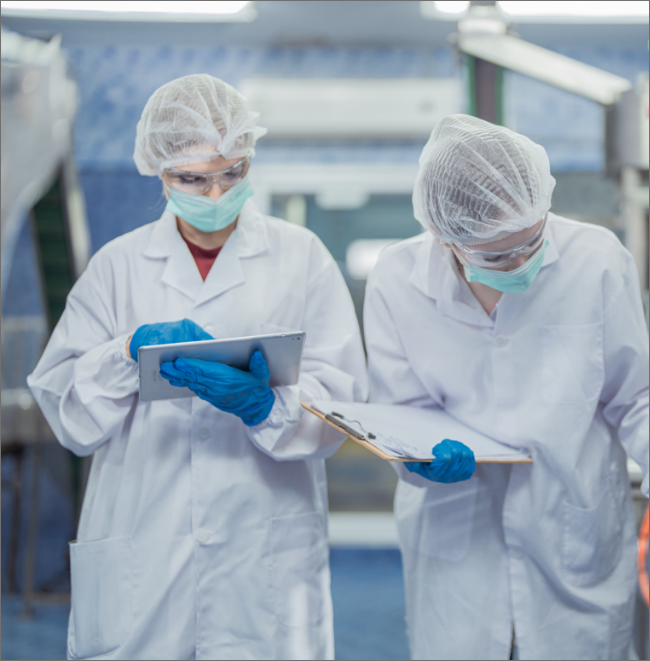
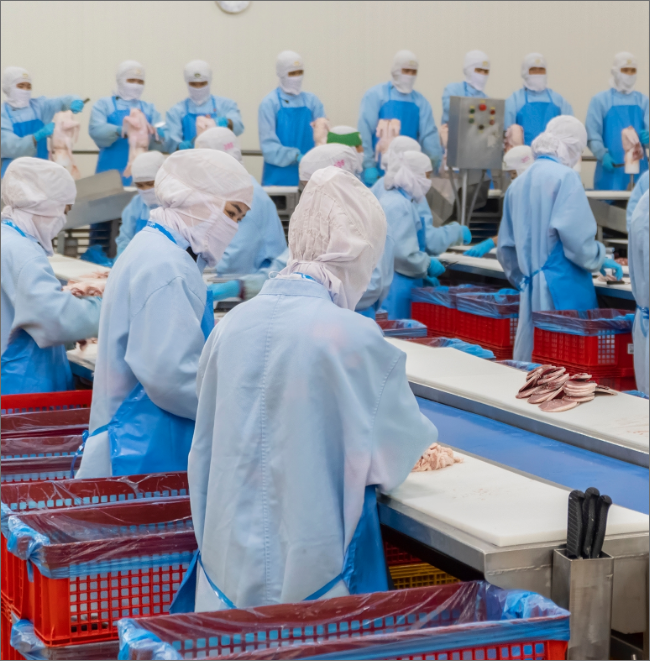
Verify and Validate Safety Training
Engaging, “in-the-flow-of-work” training can only be optimized if you can verify and validate that employees retained the knowledge. The most effective LMS include tools for managers to verify and validate that front-line workers have performed the necessary training and have fully grasped the concepts they were taught.
Verification and validation require assessing employee learning and performance on critical safety and compliance tasks. They demand the ability to plan, create, and assign corrective action plans to fix training and safety shortcomings and pinpoint where further instruction is needed.
These tools can also be implemented for internal auditing. This allows companies to take a proactive approach to safety and compliance and verify and validate food safety operations before auditors visit their facilities. Simply put, the most insightful and in-depth training courseware can only go so far if a company can’t verify and validate that employees are retaining safety training and implementing it at all times in the workplace.
Build a true safety culture - don't just tick a compliance box
The Rootwurks platform is an LMS developed by a team of experts with more than 100 years of combined knowledge and experience in compliance and safety training.
The Rootwurks Advantage:
✓ Transparent, All-Inclusive Pricing
✓ Built-in Verification & Validation
✓ Fully Mobile, Self-Paced Training
✓ Lower Training Costs & Time
✓ Designed for Front-Line Training
✓ Learning in the Flow of Work
✓ Ready-to-Use Content Libraries
✓ Self-Auditing Tools
✓ Content That Can Adapt to You
✓ No Additional Hardware Needed
✓ Easy Recordkeeping
✓ Company Announcements Feature
✓ Scalable for Multiple Facilities
✓ Effortless Admin Management
✓ Complete Training Visibility

"Rootwurks has made it easy to implement training for our team. The training doesn’t add more work to
their day or get in the way of all the other tasks that come with running a business."
Suzanne Nickelson
Founder and CEO

Let's Talk Safety
Learn more about how Rootwurks makes it easy to build a culture of food safety and create more effective, efficient training programs today.
